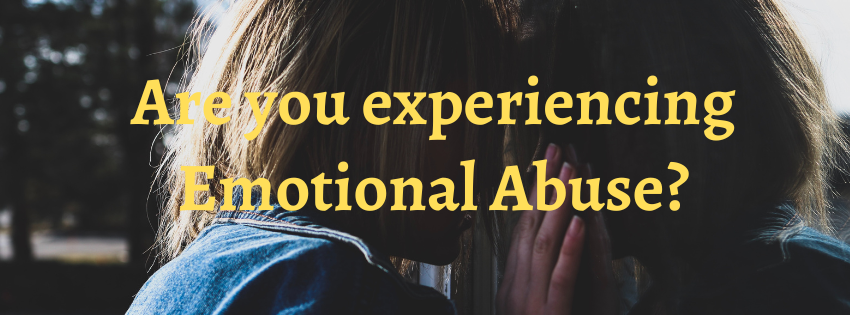Emotional abuse can have a profound impact on women and leave deep scars that last…

How To Say NO
Saying No is one of the main ways through which we delineate and maintain our personal boundaries. The concept that we can refuse something is central to maintaining healthy relationships and to our understanding of what we are and aren’t responsible for. The fact is, many people have a strong tendency to persistently put others’ needs above their own, always ready and willing to take over responsibilities that do not truly belong to them. Multiple times I would ask my self-sacrificing clients “How do you distinguish when your help is actually helpful to the other and when you are just enabling their behaviour?” and the answer typically is “I don’t really think about that”!
The most common reasons that stop us from saying No are:
- We are afraid of hurting the other person’s feelings
- We feel uncomfortable saying no even though we would like to
- We feel guilty or overly responsible
- We are afraid we will cause a confrontation with the other person
- We are afraid they will reject or abandon us in some way
- We don’t want to seem selfish or rude
And yet circumstances are everything. While in some situations saying yes even at our own expense is the kind, caring or polite thing to do, in others it is simply a cop-out and a refusal to deal with our own feelings or relationships. Sometimes the stakes are low, for example, when you concede going to a Mexican restaurant with friends even though you hate Mexican food, but sometimes the stakes are high. Imagine the university student studying Law for 5 years when they really wanted to pursue music but are too scared to stand up to their parents. Or the selfless wife and mother that constantly does everything for everyone to her own physical exhaustion and detriment.
When we say No to something we always say Yes to something else. The Law student that finally finds the courage to say No to their parents’ ambitions will finally say Yes to themselves and their future. The woman who says No when she is yet asked to take on another set of tasks and responsibilities that others can share, will finally say Yes to her health and right to personal time and interests.
How to say No:
- Say it directly without over complicated explanations or excuses (which typically serve to alleviate our guilt).
- Be clear in your mind as to why you are saying no, as this will strengthen your resolve. Remind yourself what price you would be paying if you said Yes.
- Don’t put off too long saying it or avoid the other person – just give them an answer. If you keep avoiding you will just delay your own agony and possibly cause more damage than if you had just said it plainly early on.
- Sometimes it may be better to give some reason for your refusal even if it’s not completely true in order to spare the other person’s feelings. For example, if you don’t want to go on a holiday with your parents because you know you won’t enjoy it, it may be better to come up with another reason.
- If possible, offer an alternative solution. For example, “I am sorry I can’t help you with this project as I am too busy but if you are having difficulty I can sit with you for half an hour and answer any questions you have”.
- If the other person refuses to accept your refusal and/or starts acting aggressively or tries to manipulate you through guilt, it is important to not give in and stand your ground. Remind yourself that you are entitled to make a choice and it is their responsibility how they respond to your choice, not yours.
- Steer clear of people that constantly expect or want something from you or learn how to be more firm with them.
- And finally, remember that you can’t please everyone all the time so don’t try to! There will always be someone that is not happy with what you do, choose, or say and this is life.
Read more about personal boundaries here.



